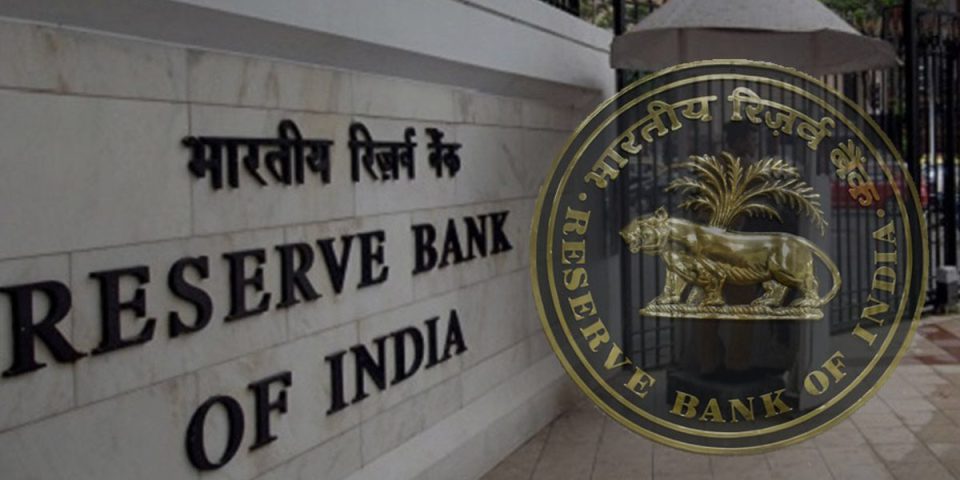To bolster consumer protection and enhance the efficiency of grievance redress mechanisms, the Reserve Bank of India (RBI) has issued a directive instructing Regulated Entities (REs) to ensure that final decisions on customer complaints are communicated within a strict timeframe of 30 days from the date of receipt.
The directive, aimed at fostering a more responsive and accountable financial ecosystem, emphasizes the importance of timely resolution and communication to customers. This move is expected to not only streamline the complaint resolution process but also raise customer service standards across banks, Non-Banking Financial Companies (NBFCs), Non-bank System Participants, and Credit Information Companies.
One of the key aspects of this directive is the appointment of Internal Ombudsmen (IOs) within REs. IOs play a pivotal role in addressing customer complaints related to deficiencies in service. The RBI encourages REs to appoint one or more IOs and Deputy Internal Ombudsmen (DIOs) based on the volume of complaints received, thereby ensuring that the internal grievance redress mechanism is adequately staffed to handle the workload efficiently.
The role of IOs involves overseeing and resolving complaints, ensuring that the resolution process is fair, transparent, and adheres to established guidelines. By having dedicated personnel for grievance redress, REs are better equipped to promptly address customer concerns and prevent prolonged disputes.
This directive aligns with the RBI’s commitment to promoting a customer-centric approach within the financial sector. Timely resolution of complaints not only enhances consumer confidence but also contributes to the overall stability and integrity of the financial system.
The emphasis on communication within 30 days is a crucial aspect of this directive. Customers will benefit from a clear and swift resolution process, leading to increased satisfaction and trust in the financial institutions they engage with. Additionally, this directive may serve as a deterrent for REs to address and rectify issues promptly, reducing the likelihood of recurring problems.
By proactively addressing customer complaints, REs are not only complying with regulatory requirements but are also investing in their reputation and customer relationships. The efficient handling of grievances is a testament to an organization’s commitment to customer service excellence.
The RBI’s directive to ensure timely communication of final decisions on complaints is a positive step toward strengthening consumer protection and improving service standards within the financial sector. Regulated Entities are encouraged to proactively implement and adhere to these guidelines, fostering a culture of responsiveness and accountability that ultimately benefits both consumers and the financial industry as a whole.

